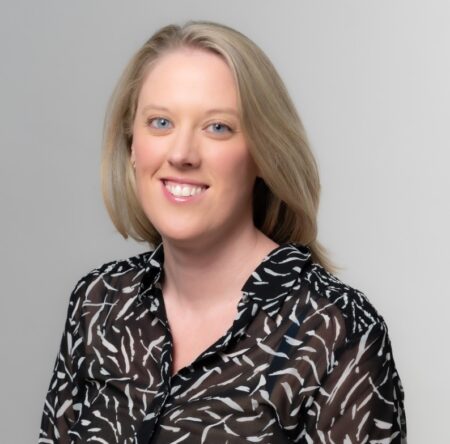New rental model needed in the extra care sector

Ashleigh Bryant
More-attractive rental models will need to be made available if the extra care housing sector is to grow at the pace needed.
This was the take-home message from speakers at last week’s Healthcare Summit, held in London and organised by Healthcare Property publisher, Nexus Media Group.
Speakers explored the growth of Integrated Retirement Communities (IRCs) – also known as extra care housing schemes – which offer residents their own home, but with care services available as needed.
And, while they said there was a clear need for an increase in extra care housing provision, a major stumbling block was the current fee structure.
With typical schemes, properties are available to rent, for leasehold purchase, or through shared ownership.
But, with rental being the most-popular option, often the hefty monthly maintenance charges are offputting.
Sally Ireland, director of legal and compliance at ARCO, said: “At the moment the sector is dominated by affordable rental provision, making up two thirds of the beds. Next being leasehold, then shared ownership.
“There is a great opportunity for an increase in rental provision, particularly in the mid market, where most older people sit.
People have different needs, but most want to control ongoing costs. This model could bring down monthly fees from £3,000 to £1,000 and create a much-more-accessible market
“But the size of the scheme is proportional to the monthly charge and if we want to make a difference, we have got to bring down that cost.
“These large schemes are very costly, with many having over 60 staff, a pool, a gym, and the costs of cleaning and heating. These are all covered in the monthly maintenance cost, and for many this is prohibitive.
“We should be looking at a Deferred Management Fee model where part of this monthly bill is deferred until exit.
“People have different needs, but most want to control ongoing costs. This model could bring down monthly fees from £3,000 to £1,000 and create a much-more-accessible market.”
This was an approach supported by Ashleigh Bryant, senior director at commercial real estate company, CBRE. She said: “Residents want certainty over costs. They do not want rising service charges year on year.

Ben Rosewall, investment director at Inspired Villages
“We are beginning to see operators adopting a fixed maintenance model, with residents paying more on exit.”
And, providing an operator view, Ben Rosewall, investment director at Inspired Villages, said: “We need more investment, but we need to see the long-term future.
“Rentals are typically single people in their mid-80s and they want certainty and to rid themselves of real estate ownership.
“There have been news articles of families who cannot sell their loved-one’s property for years after their death and cannot afford the monthly maintenance fees in the meantime.
With current OpCo/PropCo models the decisions investors make up front will affect the decision they make longer term, so we need to look to the future
“Operators are looking at ways to stop the service charge, or we need to be looking to realign the model so it is the operator or investor who is responsible for common assets such as swimming pools, not the residents.
“With current OpCo/PropCo models the decisions investors make up front will affect the decision they make longer term, so we need to look to the future.”
All speakers agreed the sector was ripe for growth and that investors were willing to finance developments.
Ireland said: “With the model, people have a home of their own and care is there when they need it.
“There are benefits for health and wellbeing and reducing bed blocking and frailty.
“IRCs save the NHS about £2,000 a year per resident and it is much easier for people to leave hospital.
“The sector is also helping to meet workforce challenges. With the projection of 645,0000 vacancies in social care by 2035, it is easier to address within IRCs because staff are not having to travel and you need fewer people.”
There are lots of challenges, but we have an ageing population and that is going to double, so we can’t keep doing what we have done, and that’s on all fronts
Rosewall added: “The sector has been evolving. We can’t just sell real estate. We are selling a lifestyle.
“We need to make sure we are designing for the future and right sizing schemes.
“We can’t just assume there is wealth. People want affordability and what is affordable in one location, might not be in another.
“People want to downsize, they want low maintenance, and level access. And they want a community which gives them a new lease of life.
“There are lots of challenges, but we have an ageing population and that is going to double, so we can’t keep doing what we have done, and that’s on all fronts.”
